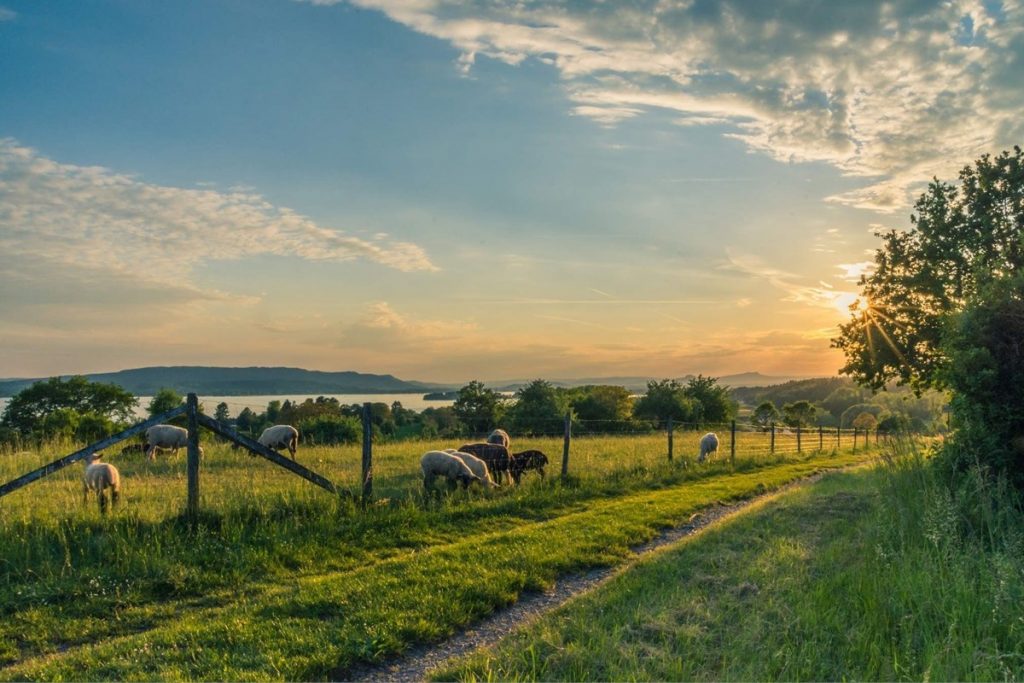Namibia experiences multiple socioeconomic challenges, including food insecurity, unemployment, and poverty. The country is rich, endowed with abundant natural resources, diversity of cultural practices and warm hospitable people, which are some of the reasons why Namibia is well-positioned for an Agritourism destination.
Agritourism is a combination of two words: Agriculture and Tourism. By simple definition AgriTourism is a system that provides opportunities for both international and local visitors to experience an authentic historical rural farm experience, its culture and daily chores, gastronomy, leisure, get in contact with nature and educational farm tours. Additionally, the concept has proven to be a form of therapy to seniors and middle age groups by relieving stress, physical and mental fatigue due to the busy, demanding lifestyle. Moreover, scholars get an opportunity to learn by observation.
The concept’s primary appeal is a cultural landscape which is known and well established in few developed countries, such as China, India, The Philippines, Canada, and South Africa. These countries have extended more efforts toward this initiative and continue to enjoy the benefits ever since it has become known to them. Some activities involve arranged tours to farm plantations such as: Tea, wine yards, cotton, rice plantation and famous spice farms found in Zanzibar.
As the concept continues to gain more popularity and with many farmers experiencing persistent challenges caused by climate change conditions, farmers are forced to diversify into other farming enterprises to keep their business cash flow afloat. It is for some of these reasons and many other that Agritourism has emerged as a niche market and important form of tourism in developed and developing countries. One of the success stories of Agritourism was observed in Taiwan in 2001 when it recorded a drop in its GDP by 1.9%, but after establishing 173 farms, a massive rural development became evident. Other countries, such as India, China and Kenya are reported to have booming Agritourism.
Various research studies have indicated that Agritourism is one of the subsectors of agriculture that is envisaged to grow rapidly in the next two decades. Some of the benefits of this enterprise include economic growth through employment creation especially for local women, economic sustainability, low carbon footprint, food security, regional community development, and conservation of wildlife and plant diversity, high income, socially responsible tourism, networking and eventually making new friends. 
Like any other enterprise, adversity in Agritourism cannot go unnoticed. Events such as meeting the recognized international hospitality standards, financial support, and natural calamities are the puzzling elements that one is likely to face.
However, the basic prerequisite for one to become an Agritourism farmer is simple. They include a passion for Agriculture and Tourism, interpersonal skills, authentic functional farm, social competence, functional competence and general entrepreneurial competence. Furthermore, it is crucial that entrepreneurial and farmers that are interested to venture in this enterprise are capacitated with the relevant knowledge (innovation and product development), monetary and nonmonetary support. These skills are necessary to ensure the sustainability of this enterprise.
Tourism as a fast growing sector has enabled Namibia to integrate culture and heritage as part of its strategy to attract more tourists, but agricultural products could also be added on to this mix.
Namibia has an opportunity to develop its rural communities where agriculture is the main source of income through this concept, which is not well marketed and, or rather to say minimal efforts towards this product are way minimal thus practiced by a handful number of farmers. It is thus imperative that local governing bodies during their regional strategic planning need to consider and pave way for Agritourism as a business opportunity.
In this regard, it is evident to say there is a potential to build linkages between the Agricultural and Tourism sectors. Namibia should complement other forms of existing tourism and aggressively consider Agritourism as an emerging form of tourism that has the potential to lead to rural development.
Conclusively, the benefits presented here and globally have been demonstrated to yield desirable results. Agritourism could be one of the solutions to many socio-economic problems, particularly in a rural area. Moreover, it can be a strategy to mitigate rural-to-urban migration.
I leave you with these views to ponder your thoughts on: To what extent have Namibia unleash this viable niche market and what can you do as a citizen of this country to contribute to the economic development of our country?
Martha Gorases a Conservation Scientist in the Ministry of Environment, Forestry & Tourism
Email: marthasheepo@yahoo.com
Views expressed here are of my own and not of the employer.







